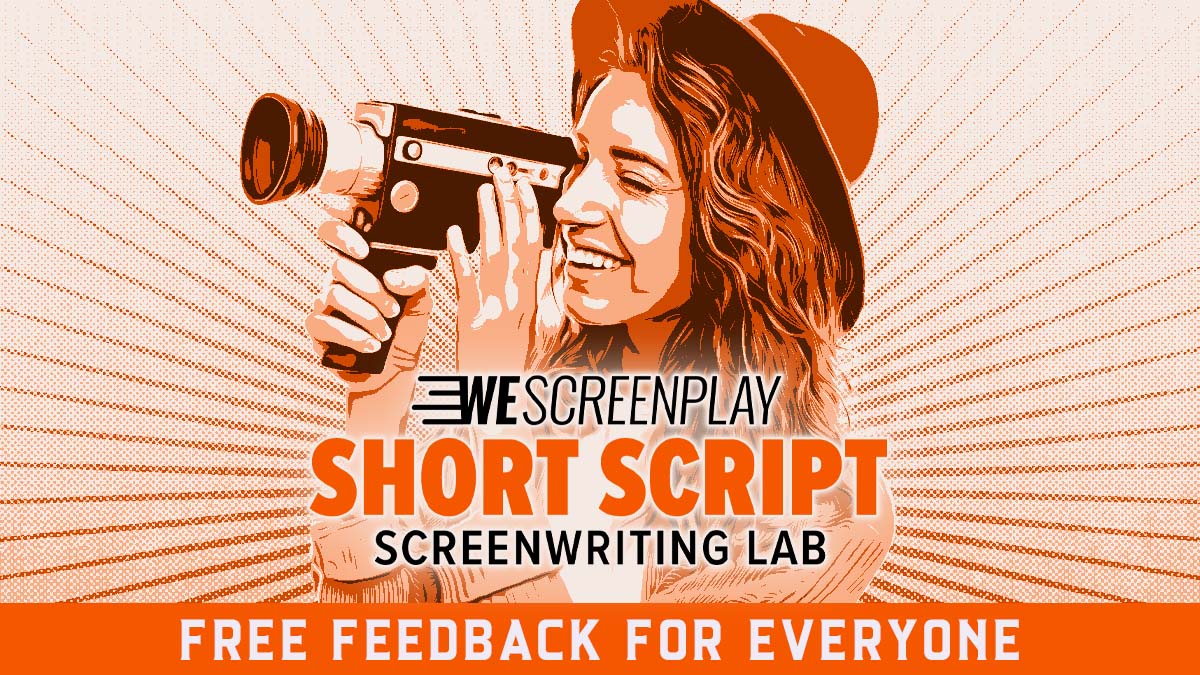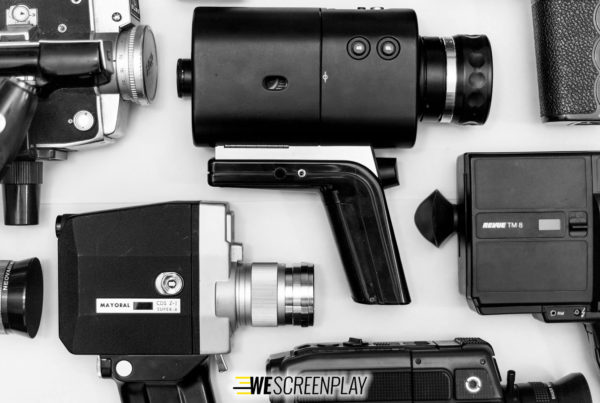
Short films can be great calling cards. Whether you’re a writer, director, or actor, they can showcase your talent for storytelling with a fraction of the investment in time, money, and resources that is required to make a feature-length film.
If you’re interested in writing your own short script, you might be wondering what it takes to craft one of these bite-size pieces of cinema. As someone who has sat through many blocks of shorts in different film festivals around the world, here are some of the writing tips I’ve gathered from watching them:
Table of Contents
Short Scripts Should Have a Beginning, Middle, and End
This may seem simple enough, but often writers and filmmakers set out to make short films to serve as a trailer or a proof of concept for a larger piece like a feature film or a pilot. That’s a great strategy to have. Just make sure your film has a beginning, middle, and end and that it tells a complete story. A trailer should make you want to watch the entire film, but a short film should serve on its own as a complete story.
Here’s an example of a great short film with a strong hook and a clear beginning, middle, and end. 1500 Words as the title suggests, is a comedy directed by Andrew Chaplin and written by James Menzies about a man with only 1500 left before he dies. Also, notice how everything is set up and paid off in this film and there isn’t a wasted moment, character, or line of dialogue. As the premise sets up, words are precious in this story and there’s no room for anything unnecessary.
The Shorter the Better
In my experience, the shorts I’ve made that were programmed the most were around 5-10 minutes (or 5-10 pages). This doesn’t mean you can’t have a longer short screenplay. You might need the extra pages to set up and pay off your story in a satisfactory way. But make sure you absolutely need everything in your short screenplay. There’s no room for any filler material. Make sure everything is moving the story forward and there are no detours in areas that are not needed.
A great example of only including what’s needed can be found in Greta Nash’s short film Locker Room. The protagonist is set up to be a girl who spends all of her time with her guy friends. There’s tension between her and every female character we see until the very end of the story, where she puts her loyalty to her friends to rest and chooses to do what’s right for all women. The last thing we see is her being embraced by another woman. There isn’t a moment in that film that is not needed. Everything is either setting up who the character is or her relationship with the guys and with other women.
Honor the Genre
If you are writing a comedy, it better make the reader laugh. If it’s a horror film, make sure it’s scary and/or disturbing. Pay attention to genre conventions and make sure you understand the type of film you are writing.
Here are some genre-specific writing conventions:
- Drama: Realistic characters in conflict, injustice, intolerance, fighting against the odds.
- Comedy: Exaggeration, fish out of water, happy endings, misunderstandings.
- Horror: The Monster, paying for past sins, lives are in danger, false ending.
- Sci-fi / Fantasy: Human struggles against technology, saving humanity, distant planets, impossible missions, robots, and AI.
Emotional Impact is Mandatory
Since you don’t have as much time to develop all the characters and set up every little thing about the world you are creating, make sure there’s enough emotional impact. Your characters should be invested in something. If they are not, the audience won’t be invested either.
Make sure to write goals for your characters and wants and needs. Properly setting up who your characters are, and what they want and need will make the audience become invested in the people you create. Achieving this in the most time-efficient and economical way means only creating character traits and plot points that serve your overall story. You might have to cut some subplots and other details.
Read More: Watch Now: 10 Great Sundance Short Films
What Does It All Mean?
I have often said the best short films are like well-told jokes. They have a setup and a punchline and nothing that doesn’t fit into that. But what separates a funny joke from an actual story is the meaning behind the narrative.
Make sure whatever it is that you are writing that it has some deeper meaning behind it. What does it mean to the characters? Who are they at the end of the story? What is the impact this particular story had on those people? Answering those questions will take your short screenplay to another level.
Got a great short script? Submit to the WeScreenplay Shorts Contest for a chance to join Virtual Shorts Lab, get 1:1 mentorship with Seed&Spark, and free feedback from professional script analysts.

Julia Camara is an award-winning Brazilian screenwriter/filmmaker. Julia won a Telly Award for the sci-fi found footage feature Occupants. Julia’s feature directorial debut In Transit, won Best Experimental Film at four different festivals. Julia’s other writing credits include Area Q and Open Road.
















